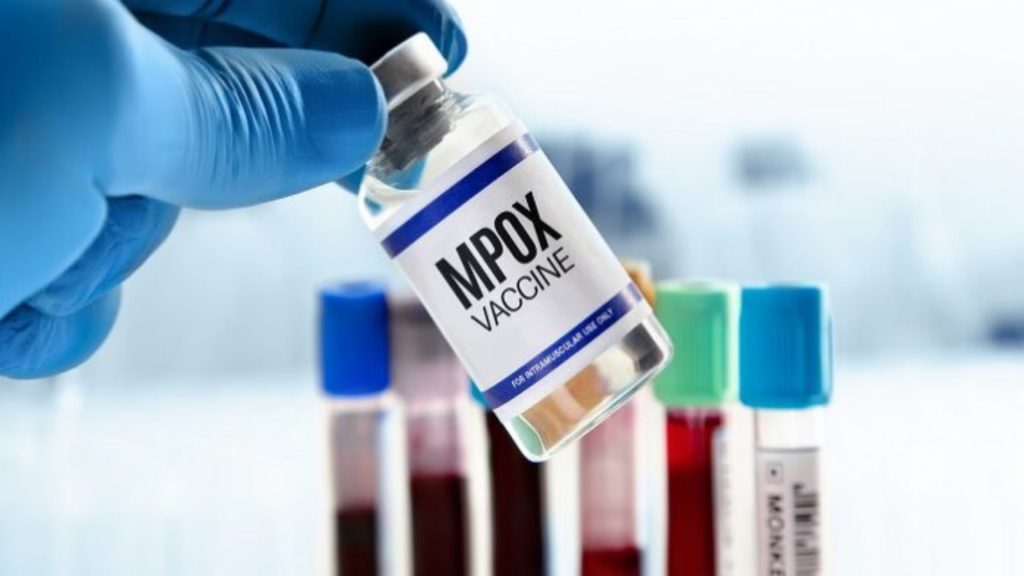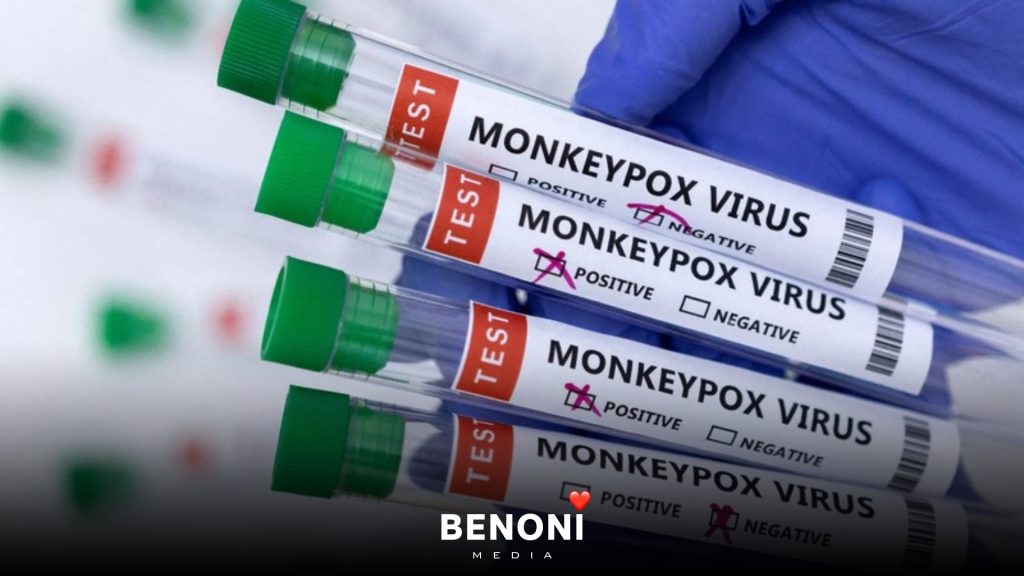Recent Fatality in KwaZulu-Natal
A 40-year-old man from Ladysmith, KwaZulu-Natal, has died from Mpox, bringing the death toll to three since the outbreak started in May 2024. The Department of Health reported that the man, who showed symptoms such as a rash, did not seek medical care. His test results came back positive for the virus on June 23, 2024.
New Infections in Gauteng
Gauteng has reported two new Mpox cases. A 43-year-old man from Johannesburg was diagnosed on June 22, 2024, and a 29-year-old man from Mamelodi was diagnosed on June 21, 2024. Both patients had symptoms indicative of Mpox but had not traveled internationally recently.
Summary of Mpox Cases
To date, South Africa has 16 confirmed Mpox cases: eight in KwaZulu-Natal, seven in Gauteng, and one in the Western Cape. All infected individuals are males aged 23 to 43 years.

Symptoms and Spread of Mpox
Mpox is caused by the monkeypox virus and presents with fever, flu-like symptoms, and a blister-like rash. While the disease is typically not fatal, it can cause significant discomfort. Most patients recover within two to four weeks without needing hospitalisation. The virus is not highly contagious, and the risk to the general population is low.
Public Health Initiatives and Preparedness
The Department of Health, in collaboration with provincial authorities and other stakeholders, is educating the public and funeral parlours on handling the remains of those who died from Mpox to prevent further spread.
Travel and Screening Procedures
Dr. Michael Masiapato, the Commissioner of the Border Management Authority (BMA), announced the activation of an outbreak preparedness plan. Screenings are being conducted at various entry points, including airports, land borders, and seaports. Travellers will undergo thermal screening, and those with high temperatures will be isolated for further assessment. The BMA is working closely with district communicable disease facilities to ensure immediate reporting and response to suspected cases.

Public Guidance and Risk Management
The World Health Organisation has not advised any travel restrictions due to Mpox. However, travellers from Mpox-endemic regions should seek medical attention if they exhibit symptoms and inform health officials about their travel history. The public is encouraged to support those showing symptoms to seek prompt medical evaluation instead of self-diagnosing and using over-the-counter medications.
Preventative Measures and Support
Mpox is both preventable and manageable, with treatments available for mild and severe cases. People with chronic conditions such as HIV, TB, and diabetes are at higher risk. The Department of Health stresses that Mpox can affect anyone, regardless of age, gender, sexual orientation, or race.
Conclusion
Through ongoing public education and screening efforts, the Department of Health aims to control the Mpox outbreak in South Africa. Citizens are urged to stay vigilant, seek medical help when necessary, and support those affected by the virus.








